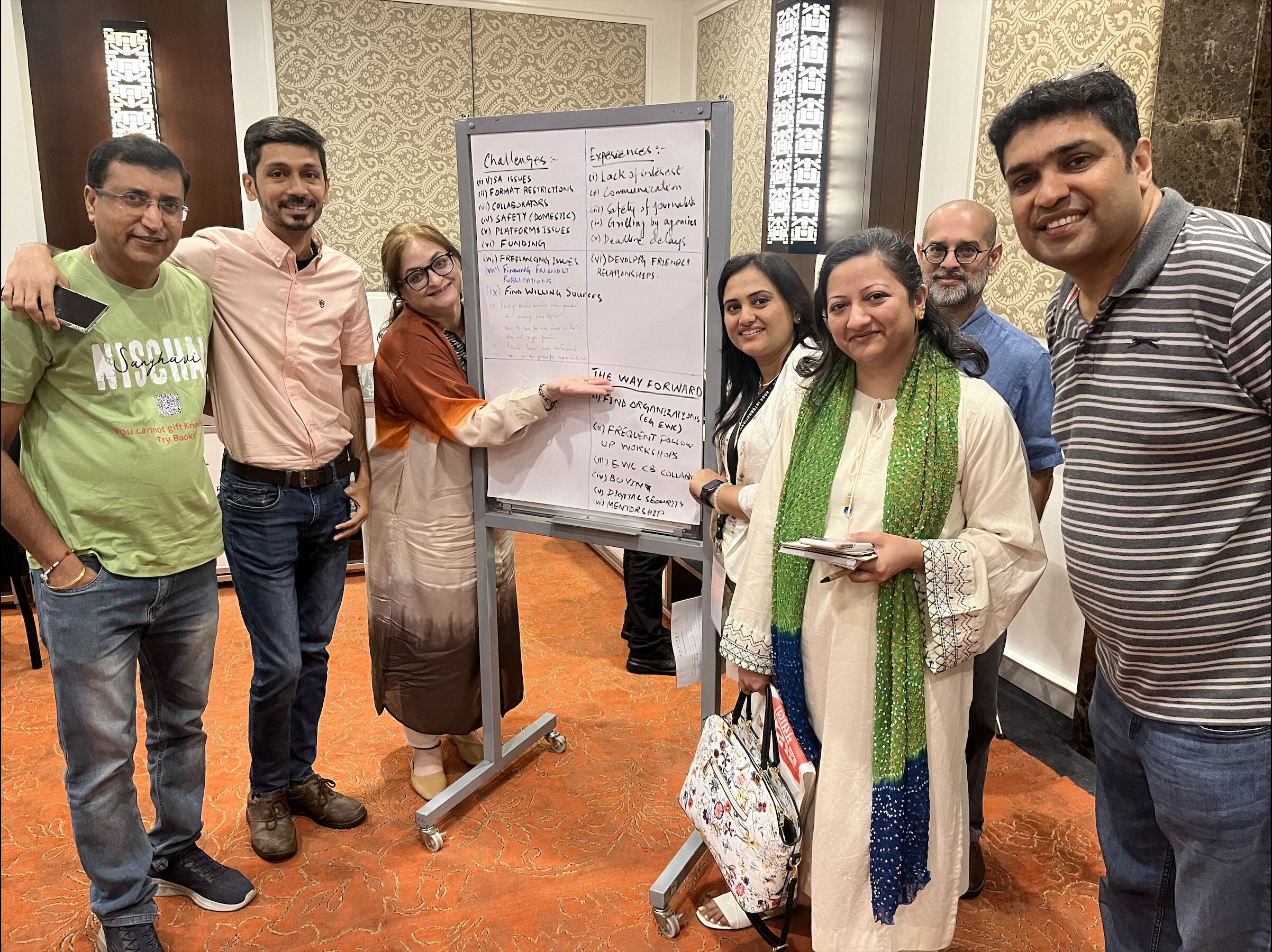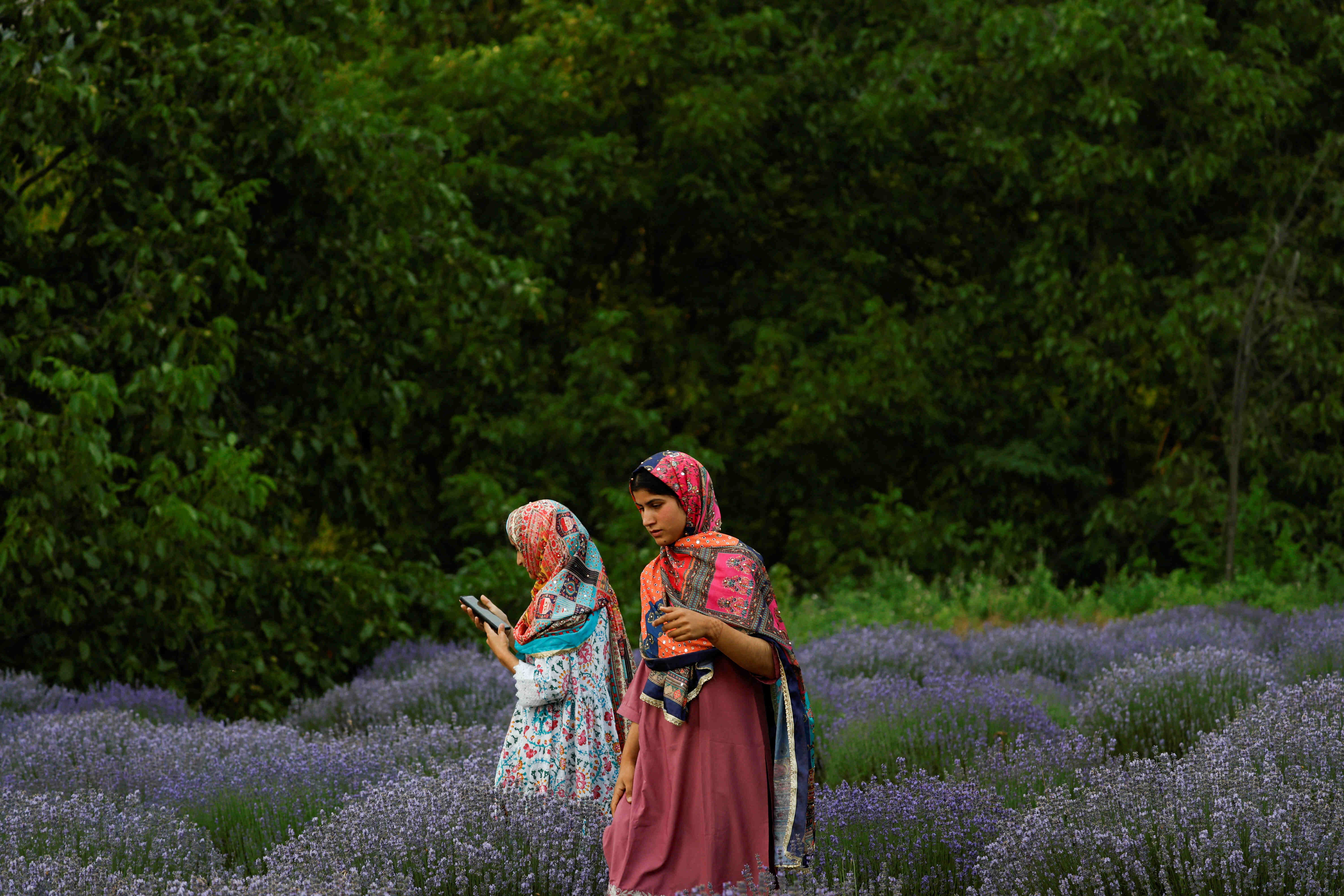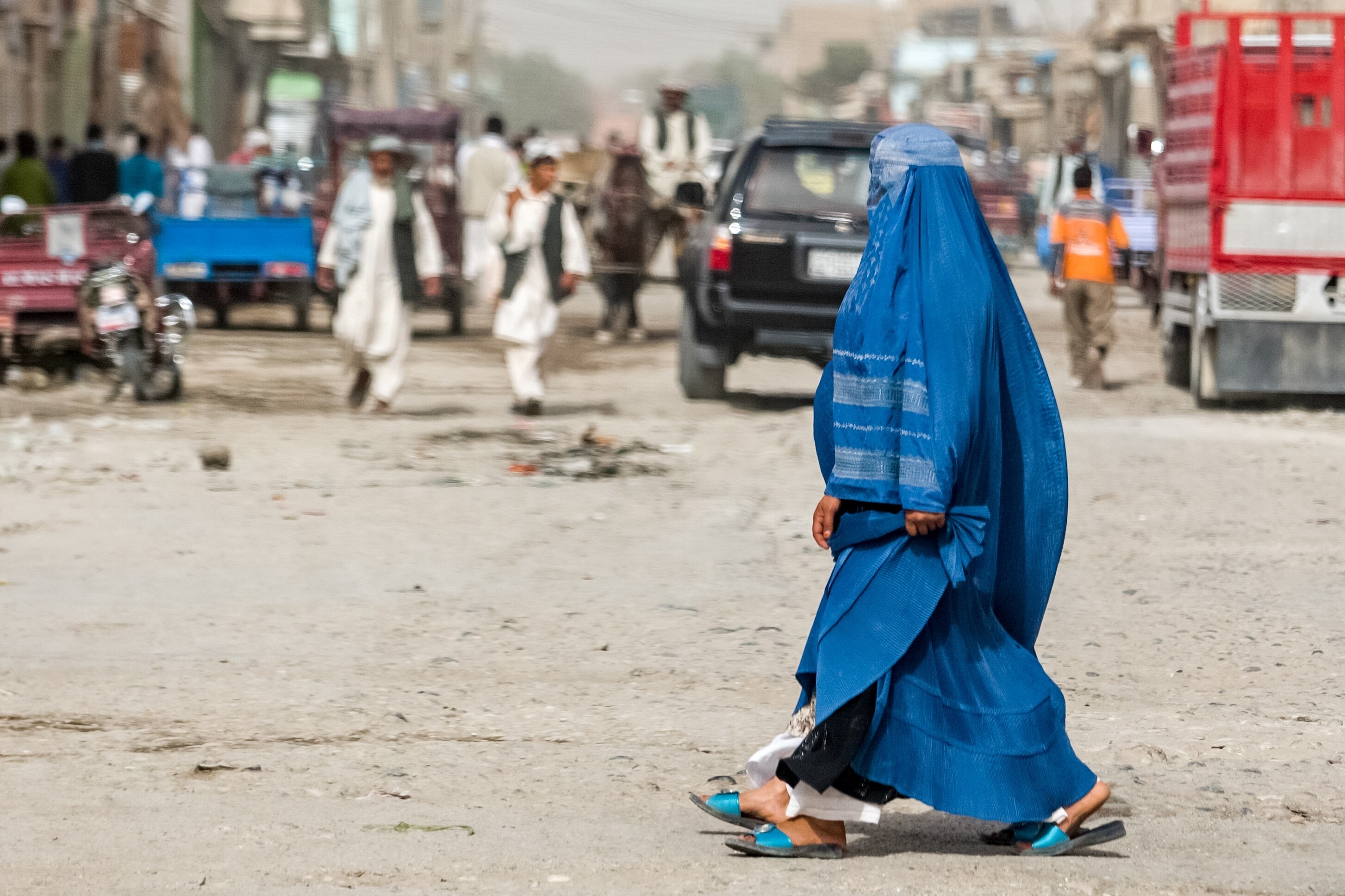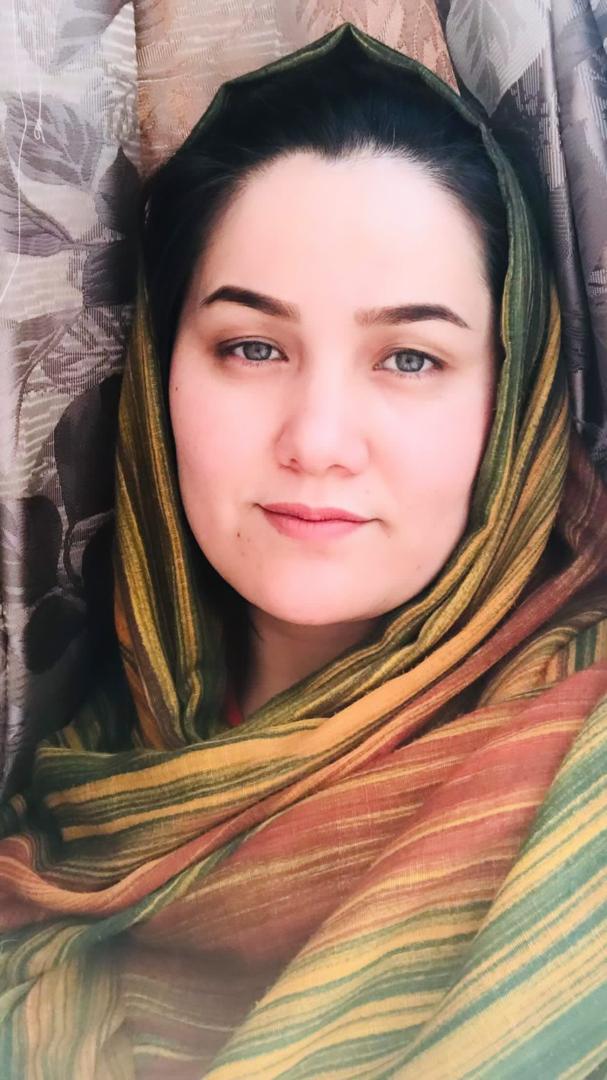India and Pakistan are close neighbours who share not only borders but also a rich tapestry of culture, language, cuisine, and even similar climates. Both countries face extreme weather conditions and have much to learn from each other in addressing these challenges. Since the partition in 1947, India and Pakistan have fought several wars. It takes years to normalise relations, but a single attack can undo all the relationship-building measures, setting progress back to zero.
For over a decade, neither country has hosted journalists from the other side. Media organisations in both nations lack representation from the opposite country, and their coverage is often highly critical, creating a war-like atmosphere whenever tensions rise. This hostile media environment significantly impacts ordinary people, who do not wish to be caught in a perpetual state of conflict.
These journalists are collaborating on cross-border stories that resonate with mutual interest, bridging gaps through shared experiences.
In stark contrast to this antagonistic narrative, a group of journalists from both India and Pakistan is working together, focusing on common concerns such as climate change, health, and culture. These journalists are collaborating on cross-border stories that resonate with mutual interest, bridging gaps through shared experiences. The group trainings were facilitated by East-West Center initially in Colombo and later in Kathmandu. Journalists from both countries have worked in collaboration and produced quality work. The stories can be accessed from the website, cross border Journalism.
In this story, Al Jazeera Journalism Review explores how journalists from India and Pakistan transcend sensationalism to focus on stories that genuinely impact the people of both nations. Through in-depth interviews, the review highlights their commitment to reporting on issues that matter beyond the rhetoric, offering a nuanced perspective on the shared challenges and concerns facing their audiences.

In 2015, the Journalists' Exchange Programme emerged as a groundbreaking initiative aimed at fostering mutual understanding and collaboration between media professionals from India and Pakistan, which was started by the US-based organisation East-West Centre. As part of this programme, journalists from various media organisations in both countries were assigned to visit each other’s media houses. The goal was clear: to bridge gaps in perception and enhance reporting by directly experiencing each other's media environments.
Unseen Borders: Journalist's Reflection on Indo-Pak Relations
Journalist Nikita Sharma, India, thought that this opportunity was truly unique—something few might experience in their lifetime and filled her with excitement. “I began immersing myself in research about Pakistan, driven by a desire to understand beyond the haunting images of Partition, which, though deeply impactful, are events from decades past. Now is the time to nurture peace, she said “My goal was clearly to produce stories that would highlight the humanity and complexity of the Pakistani people, countering the often-skewed portrayals. But what I had envisioned as a unique and transformative experience was abruptly undermined when relations between the two countries deteriorated, leading to the denial of our visas.”
Aditi Phadnis Mehta, who has been a journalist in India for 40 years and writes for Business Standard, sat down to reflect on her experiences as an Indian reporter and was struck by the profound similarities that bind the people of South Asia. "Pakistani people are the same as Indian, Sri Lankan, Nepali, Maldivian, and Bangladeshi people when it comes to family, kinship, and tribal identity," Aditi highlights. Despite these shared bonds, my understanding of Pakistani realities remains limited. This gap stems from the lack of interaction between reporters from our countries and the constraints that prevent us from visiting each other's nations.
When government policies towards neighbouring countries are aggressive, there is a critical need for press freedom and access. Without the ability to talk to witnesses and reporting facts firsthand, they get caught up in the spin because they have no way of verifying for themselves what the truth is.
Distorted Media Image of Countries
The Indian and Pakistani media's frequent bashing of each other significantly amplifies public sentiment by fostering hostility and mistrust, and this thought resonates with journalists from both sides.
“Media's influence can provoke emotional responses, fuelling anger and fear, which may escalate into larger societal and political tensions. Such coverage can create a feedback loop where public opinion and media narratives continuously reinforce each other, making reconciliation and peaceful dialogue more challenging,” highlights Amir Malik, a Pakistani journalist working with The News International, a recent addition to the cross-border journalist family who has worked on cross-border stories on health.
Malik further added that anti-India reporting in Pakistani media often originates from political and military leaders' statements or Foreign Office briefings about recent events like targeted killings of Sikhs, issues like Kashmir, and alleged terrorism. While this may boost TRPs (Television Rating Points), it influences public sentiment and provokes emotional responses, fuelling anger and fear. This can escalate into broader societal and political tensions, creating a feedback loop where public opinion and media narratives continuously reinforce each other, thereby making reconciliation and peaceful dialogue more challenging.
Aggressive Government Policies
When government policies towards neighbouring countries are aggressive, there is a critical need for press freedom and access. Without the ability to talk to witnesses and reporting facts firsthand, they get caught up in the spin because they have no way of verifying for themselves what the truth is.
The obstacles that reporters encounter, limited by governmental constraints, are immense. In describing the predicament of journalists, Phadnis employs terms like "catastrophic," "severe," and "really bad" to highlight the exaggerated language that underlines their frustration.
“These government-imposed limitations often prevent us from visiting affected areas, forcing us to rely on second-hand accounts. Consider the 2005 Kashmir earthquakes, for example. The devastation, which claimed around 100,000 lives, might have included relatives of Kashmiris on the Indian side of the border. "As reporters, we needed to go to Muzaffarabad, report from there, and help families reconnect," she recalled. “However, governmental barriers obstructed our duty, leaving many stories untold. The inability to be on the ground in such critical times not only hinders accurate reporting but also denies the affected communities a voice.”
Similarly, Phadnis highlighted the Balakot air strikes, where questions about the presence of Jaish-e-Mohammad camps and the extent of the strikes remained unanswered. "If there were no camps, reporters could have gone there, filmed the reality, and revealed what truly happened," she argued. “The inability to verify such crucial details fuels speculation and hinders accurate reporting. Without direct access, the media is left to navigate a sea of conflicting narratives, which often leads to public confusion and misinformation. Ultimately, reporters, like everyone else, are susceptible to the spin and nationalism propagated by governments because they too are human beings.”
Although political and military conflicts have always been the core of media coverage between India and Pakistan, journalists from both sides agree that we need to address and discuss common pressing issues.
Common Challenges and Solutions
Governments, in their quest for control, stifle the flow of information and collaboration that could benefit both nations. The challenges extend beyond mere understanding. On public services—health, education, agriculture, environment, and infrastructure—there is much that both countries could learn from each other.
Sharada Balasubramanian, an environmental journalist based in Tamil Nadu, India, emphasised the need for collaborative climate change reporting between India and Pakistan. "As we grapple with floods, heat waves, and unseasonal rains, both countries need to work together to minimise emissions and address environmental issues holistically," she said. "Currently, there is minimal collaboration, with most reporting done individually. We could jointly report on issues like ocean pollution in the Arabian Sea, share effective practices, and discuss renewable energy, among other stories."
Although political and military conflicts have always been the core of media coverage between India and Pakistan, journalists from both sides agree that we need to address and discuss common pressing issues.
This kind of cooperation not only enriches our work but also fosters a deeper understanding and unity among journalists from different regions, breaking down barriers and enhancing the quality of our coverage.
Wisal Yousafzai, working with The Express Tribune as a staff reporter from Peshawar, Pakistan, explains how these collaborations changed his perspective on reporting. "Working in the most sensitive areas along the Pakistan-Afghanistan border, we primarily cover security, crime, and health issues," he explained. "But these collaborations have provided a vital opportunity for cross-border connections. For instance, during a recent collaboration, Abantika Ghosh from India and I collaborated on health reporting. This kind of cooperation not only enriches our work but also fosters a deeper understanding and unity among journalists from different regions, breaking down barriers and enhancing the quality of our coverage.”
Balasubramanian, the environmental journalist, agrees with Wisal on reporting beyond security and crime and reflects how important it is to report, for example, on wildlife. One of the largely ignored issues in the media is the human-animal conflict along the Line of Conflict (LoC).
“I remember sometime in 2019; I had discussed this with my Pakistani colleague. Do we know what is happening to Markhor, the national animal of Pakistan? [Pakistan] crosses these LoC borders and is impacted due to cross-border shelling and the presence of mines in Indian-administered Kashmir.” Balasubramanian added, “These animals are found in the 700-kilometre strip of the most militarised border of the world. In India, the animal comes under the Wildlife Protection Act of 1972. In 2003, when both countries signed a ceasefire agreement, slowly, the population of Markhors saw a rise. The ceasefire did not last long, and the problem re-emerged. Such stories need to be covered in the media, in collaboration with people from either side of the border.”
By practicing peace journalism, journalists can act as peacekeepers, promoting understanding and reducing tensions between the two nations. This approach not only informs the public but also fosters a more nuanced and empathetic view, contributing to a foundation for more harmonious relations.
Future Optimism for Cross-Border Journalism
The role of media in shaping public opinion and policy regarding India-Pakistan relations is immensely significant. Media outlets serve as the primary source of information for most people about the neighbouring country, and their reporting can profoundly influence public perceptions and attitudes. By practicing peace journalism, journalists can act as peacekeepers, promoting understanding and reducing tensions between the two nations. This approach not only informs the public but also fosters a more nuanced and empathetic view, contributing to a foundation for more harmonious relations.
Naveen S. Garewal, Editor-in-Chief of News Arena India and a cross-border fellow, emphasised the importance of cross-border collaborations between journalists. "The Punj Darya Media Exchange, organized by the Chandigarh and Lahore Press Clubs, was a unique platform for fostering goodwill," he noted. "These exchanges focused on people-to-people contact and shared experiences, breaking down stereotypes and fostering understanding. Such initiatives enable journalists to present balanced perspectives on issues affecting both countries, potentially influencing public opinion and government policies positively."
Steven Youngblood, the founding and current director of the Centre for Global Peace Journalism in Parkville, Missouri, USA, emphasised the importance of cross-boundary collaborations. "Cross-boundary collaborations of all kinds are vital, I believe, for societies in conflict. These collaborations plant the seeds for broader cooperation between those who are supposedly enemies," he stated. He further added, "In the case of journalists, the cross-border project has illuminated the fact that Indians and Pakistanis have much more in common than perhaps they had thought. This is especially true regarding the disastrous impacts of climate change, which have disproportionately affected South Asia." Youngblood's insights underscore the potential for journalism to bridge divides and foster understanding between conflicting societies.













































